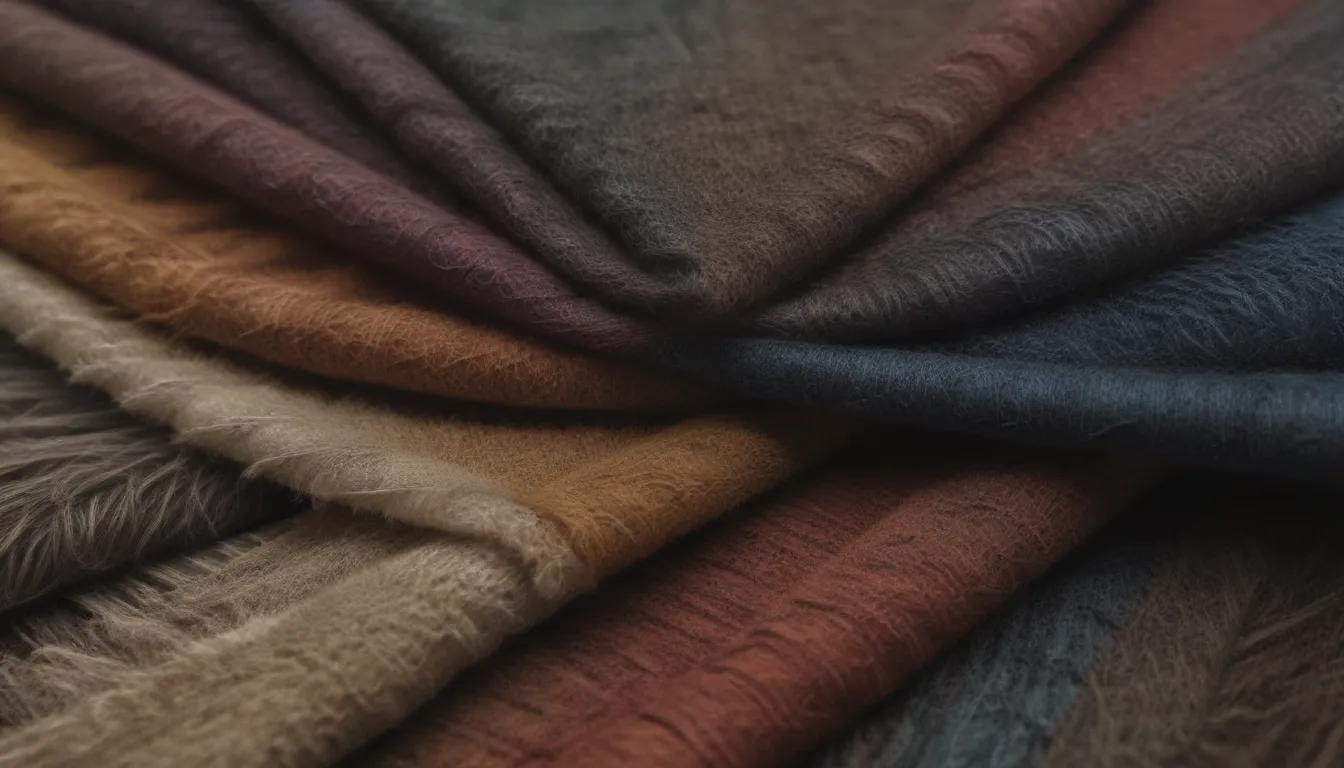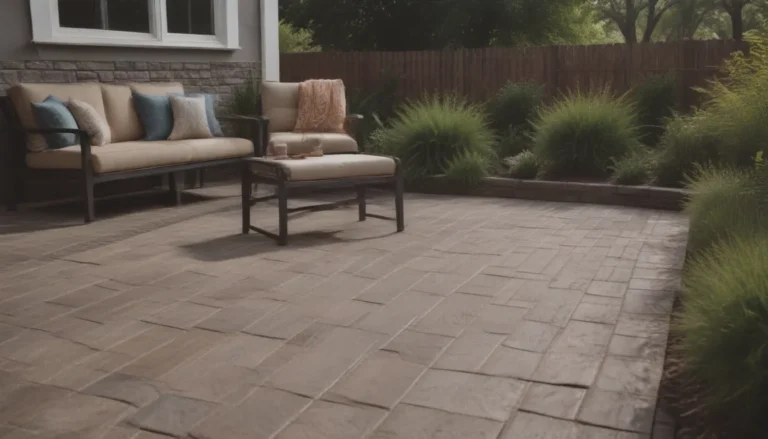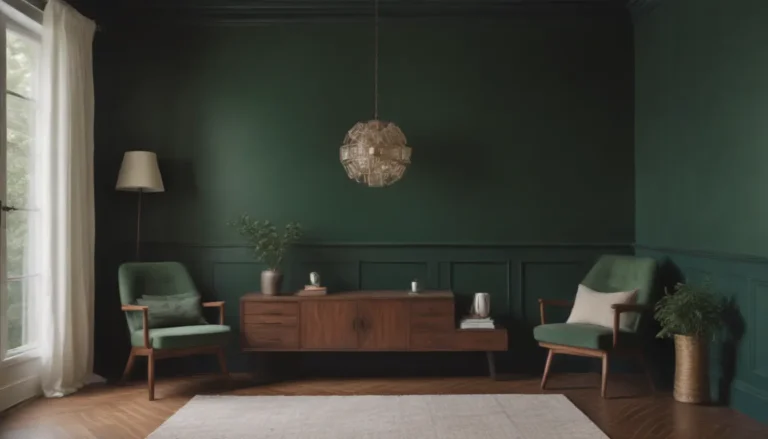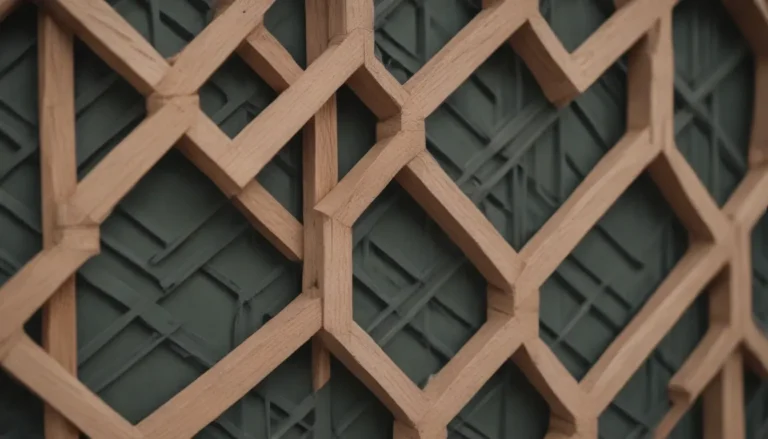The Ultimate Guide to Nylon Carpet Fiber: Pros and Cons, Benefits, and More

Choosing the right carpet for your home can be overwhelming. With so many options available, it can be tough to decide which type of carpet fiber is best for your needs. One popular choice is nylon carpet fiber, known for its durability and ease of maintenance. In this comprehensive guide, we will explore the pros and cons of nylon carpet fiber, its characteristics, benefits, disadvantages, cost, different types of nylon, manufacturing process, and tips for maintenance. Let’s dive in and discover if nylon carpet fiber is the right choice for your home.
What Is Nylon Carpet Made Of?
Nylon carpet is made from a synthetic, petroleum-based polymer. This fiber has a silk-like touch, which gives nylon carpet its softness and luxurious feel. Nylon is known for its durability, strength, and resilience, making it a popular choice for both residential and commercial carpeting.
Characteristics of Nylon Carpet Fiber
Nylon carpet fiber boasts several key characteristics that make it an ideal choice for carpeting:
- Durability: Nylon is a very strong fiber that can withstand heavy foot traffic and abrasion.
- Resiliency: Nylon has excellent texture retention and can maintain its original appearance for a long time.
- Longevity: Nylon carpets are known for their longevity and durability, making them a wise investment for your home.
- Hypoallergenic: Nylon is hypoallergenic, making it a great choice for those with allergies or sensitivities.
Pros and Cons of Nylon Carpet Fiber
Let’s take a closer look at the advantages and disadvantages of nylon carpet fiber to help you make an informed decision:
Benefits:
- Durability: Nylon is highly durable and can withstand heavy use.
- Resiliency: Nylon has excellent texture retention, maintaining its appearance over time.
- Longevity: Nylon carpets are known for their longevity and can last for many years.
- Hypoallergenic: Nylon is hypoallergenic, making it a great choice for those with allergies.
Disadvantages:
- Absorbency: Nylon has a tendency to absorb moisture, which can lead to staining if not cleaned promptly.
- VOCs: Some nylon carpets may emit volatile organic compounds (VOCs), which can be harmful to indoor air quality.
- Static Electricity: Nylon carpets can generate static electricity, especially in dry conditions.
Cost of Nylon Carpet Fiber
While nylon carpet may be more expensive than polyester, it is available at various price points to suit different budgets. Nylon is a versatile fiber that can be used in both entry-level and higher-end products, making it a cost-effective choice for your home. When purchasing nylon carpet, consider factors such as twist, face weight, and warranty to ensure you’re getting the best value for your investment.
Nylon 6 vs. Nylon 6,6: What’s the Difference?
There are two types of nylon used in residential carpeting: type 6 and type 6,6. While both types of nylon have their benefits, type 6,6 is known for its increased colorfastness and resistance to static. However, advancements in type 6 nylon have minimized the differences between the two types. Both nylon 6 and nylon 6,6 are durable, resilient, and perform well in carpeting applications.
Tip:
- Nylon 6 is more easily recycled back into carpet through cradle-to-cradle recycling, making it a more sustainable choice for environmentally-conscious consumers.
Manufacturing Process of Nylon Carpet Fiber
Carpet manufacturers either produce nylon in-house or purchase the fiber from external sources to create carpets. In-house production of nylon may result in cost savings, but it does not necessarily indicate lower quality. Nylon is an excellent choice for high-traffic areas in your home due to its durability and longevity.
When comparing nylon to other fibers such as polyester and triexta, consider the following:
- Nylon is more durable than polyester and is ideal for high-traffic areas.
- Polyester excels in stain resistance, making it a good choice for households with children or pets.
- Triexta carpet is a newer fiber that is even more durable than nylon, offering high performance and longevity.
It is essential to maintain your nylon carpet properly to ensure its longevity. Regular steam cleaning every 12 to 18 months (more frequently in high-traffic areas) can help preserve the fibers and keep your carpet looking its best.
In conclusion, nylon carpet fiber offers a range of benefits and advantages that make it a popular choice for homeowners. With its durability, resilience, and longevity, nylon carpet is a practical and affordable option for any home. Consider the pros and cons discussed in this guide to determine if nylon carpet fiber is the right choice for your flooring needs. Remember to prioritize proper maintenance to keep your nylon carpet looking beautiful for years to come.
Remember, when in doubt, consult with a professional carpet installer to help you make the best choice for your home. Thank you for reading!





